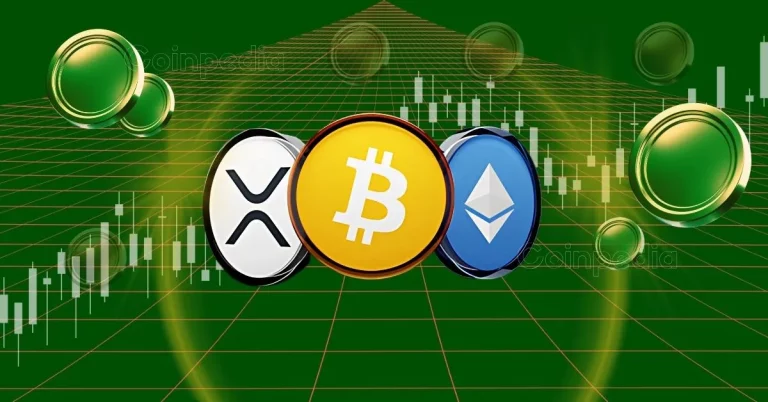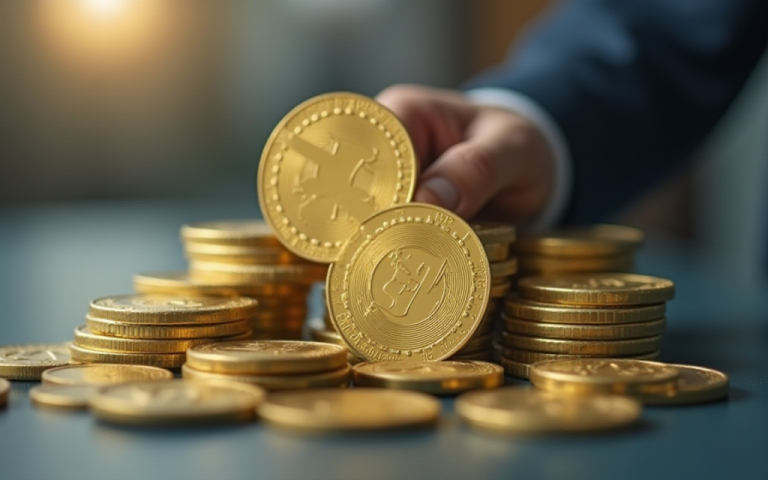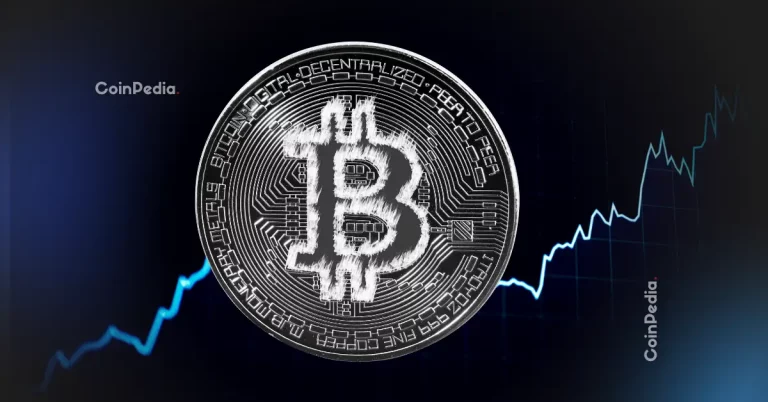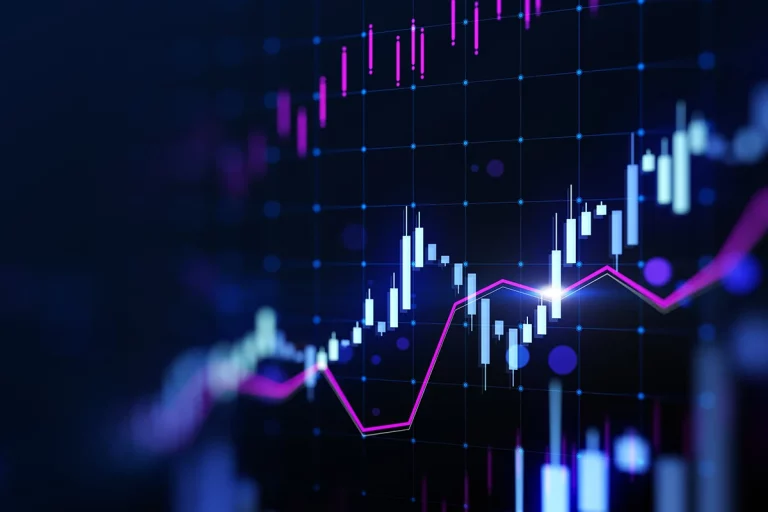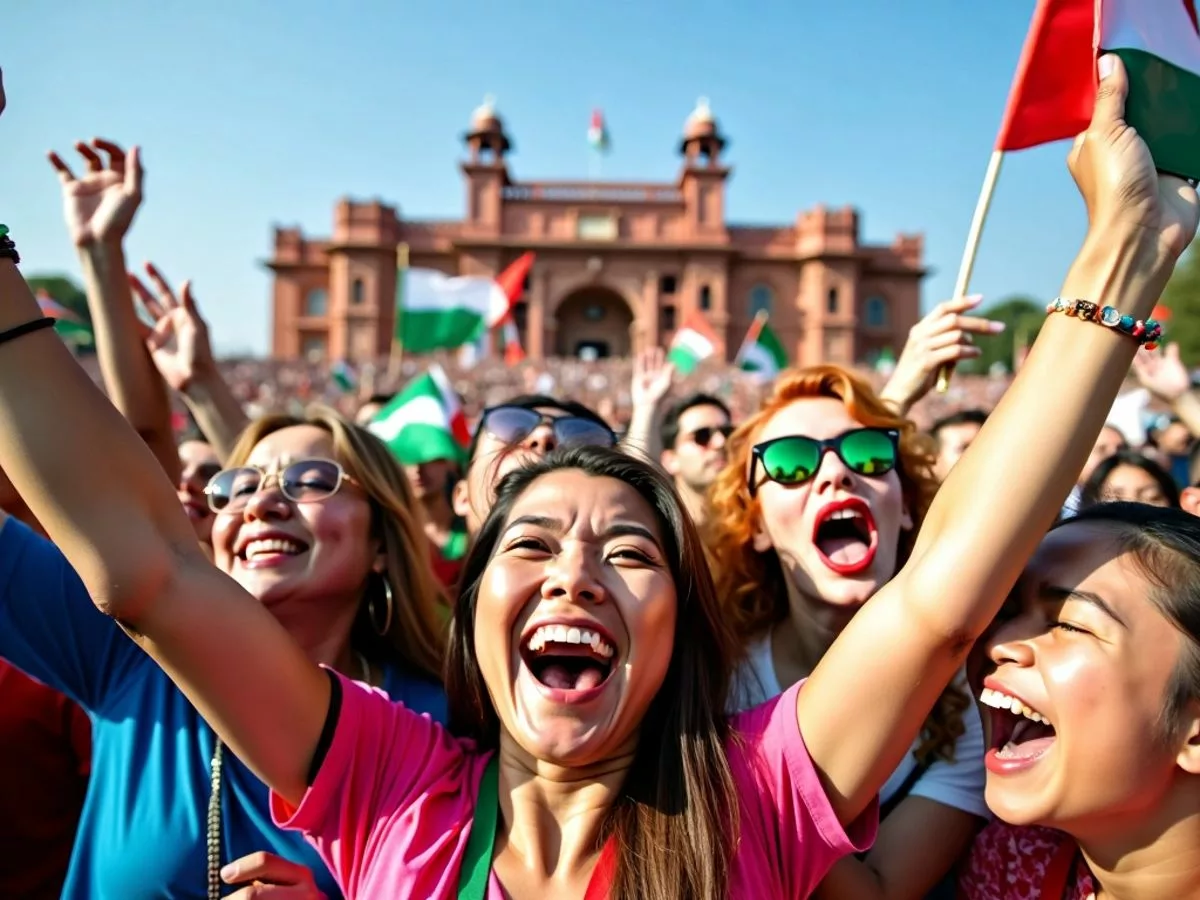
Sri Lanka has ushered in a new political era with the swearing-in of Anura Kumara Dissanayaka as the country’s first leftist president. Following a decisive electoral victory, Dissanayaka aims to restore public trust in governance amid the backdrop of a severe economic crisis that has gripped the nation.
Key Takeaways
- Anura Kumara Dissanayaka, leader of the People’s Liberation Front (JVP), was sworn in as president.
- He won the election with a significant margin, succeeding Ranil Wickremesinghe.
- Dissanayaka pledges to restore confidence in politics and modify the existing IMF bailout terms.
- His party, JVP, has a limited presence in parliament but aims to appoint a new cabinet.
A Historic Moment
Dissanayaka, a self-proclaimed Marxist, took his oath at the historic Presidential Secretariat in Colombo. The ceremony was attended by lawmakers, military officials, and members of the Buddhist clergy, marking a significant moment in Sri Lankan politics. Dissanayaka expressed his commitment to restoring faith in politicians, stating, "I will do my best to fully restore the people’s confidence in politicians."
Economic Challenges Ahead
The new president steps into office following a tumultuous period marked by an unprecedented economic crisis. His predecessor, Ranil Wickremesinghe, faced severe backlash for implementing austerity measures, including steep tax hikes, as part of an International Monetary Fund (IMF) bailout. While these measures stabilized the economy, they left many citizens struggling to make ends meet.
Dissanayaka has vowed to continue with the IMF rescue package but intends to renegotiate its terms to provide tax relief for the populace. Senior party member Bimal Ratnayake emphasized the need for adjustments, stating, "It is a binding document, but there is a provision to renegotiate."
Political Landscape
Dissanayaka’s rise to power is particularly noteworthy given his party’s historical context. The JVP has a legacy of leading two violent uprisings in the 1970s and 1980s, resulting in significant loss of life. However, the party has since renounced violence and has been striving to reshape its image in the political arena.
Despite having only three members in the 225-member parliament, Dissanayaka aims to appoint his own cabinet until fresh elections are held later this year. This strategic move could allow him to implement his policies more effectively.
A Shift in Ideology
The new president’s political journey is marked by a transformation in ideology. Once a fringe player in Sri Lankan politics, Dissanayaka’s popularity surged as he positioned himself as a reformer willing to challenge the status quo. He has softened some of his earlier stances, now advocating for an open economy and showing a willingness to consider privatization.
Dissanayaka’s background as a laborer’s son and a former student leader during the JVP’s second insurrection adds depth to his narrative. He has often cited Marxist revolutionary Che Guevara as an inspiration, reflecting his commitment to social justice and equity.
Conclusion
As Anura Kumara Dissanayaka embarks on his presidency, the eyes of the nation are upon him. With a promise to restore public trust and navigate the complexities of economic recovery, his leadership will be pivotal in shaping Sri Lanka’s future. The challenges are immense, but the potential for change is equally significant, as the country seeks to emerge from a period of hardship and uncertainty.
